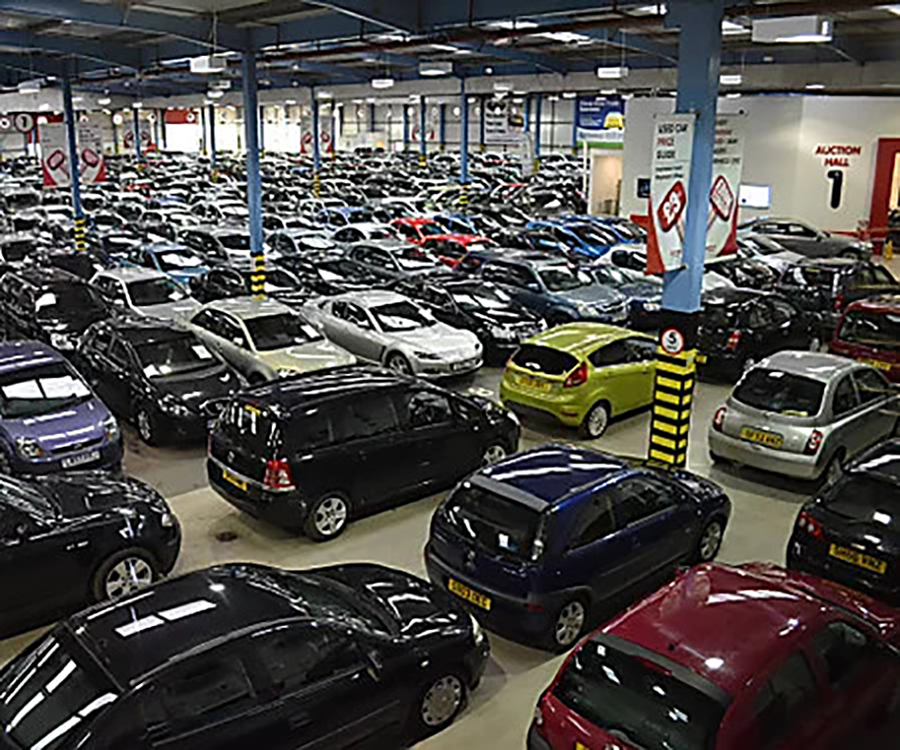Repossessed Cars: A Guide to Finding Great Deals on Bank-Owned Vehicles
When it comes to purchasing a vehicle, many people overlook the potential savings and benefits of buying repossessed cars. These vehicles, often reclaimed by banks or financial institutions due to loan defaults, can offer excellent value for savvy buyers. This comprehensive guide will explore the world of repossessed cars, their benefits, and how to find them nearby.

What are repossessed cars and how do they end up for sale?
Repossessed cars are vehicles that have been taken back by lenders, typically banks or finance companies, when the original owners fail to make payments on their auto loans. Once repossessed, these vehicles are often sold to recoup the lender’s losses. The process usually involves the following steps:
-
The borrower defaults on their loan payments
-
The lender issues notices and attempts to collect payment
-
If payments remain unpaid, the lender repossesses the vehicle
-
The repossessed car is then prepared for sale, often through auctions or dealerships
What are the benefits of buying repossessed cars?
Purchasing a repossessed car can offer several advantages to buyers:
-
Lower prices: Repossessed cars are often sold at prices below market value, as lenders aim to recover their losses quickly.
-
Wide variety: You can find a range of makes, models, and vehicle types among repossessed cars.
-
Potential for good condition: Many repossessed vehicles are relatively new and well-maintained.
-
Faster buying process: Banks and lenders are motivated to sell, which can lead to quicker transactions.
-
Opportunity for negotiation: Buyers may have more room to negotiate prices on repossessed cars.
Where can I find repossessed cars nearby?
There are several ways to locate repossessed cars in your area:
-
Bank websites: Many financial institutions list their repossessed vehicles online.
-
Government auctions: Federal and state agencies often auction off seized and surplus vehicles.
-
Online auction sites: Websites like Copart and IAA specialize in selling repossessed and salvage vehicles.
-
Local car dealerships: Some dealerships partner with banks to sell repossessed cars.
-
Newspaper classifieds: Traditional print media may still feature listings for repossessed vehicles.
What should I consider before buying a repossessed car?
While repossessed cars can offer great value, there are several factors to consider:
-
Vehicle history: Request a vehicle history report to check for accidents, maintenance records, and ownership history.
-
Inspection: Always inspect the car thoroughly or have a trusted mechanic examine it before purchase.
-
Limited warranty: Repossessed cars are often sold “as-is” with no warranty, so factor potential repair costs into your budget.
-
Competitive bidding: At auctions, be prepared for competition from other buyers and set a maximum bid limit.
-
Payment terms: Understand the payment requirements, which may include immediate full payment or specific financing options.
What are some tips for successfully buying bank repossessed cars?
To maximize your chances of finding a great deal on a repossessed car, consider these tips:
-
Research market values: Know the fair market value of the vehicles you’re interested in to avoid overpaying.
-
Attend multiple auctions: Don’t rush into a purchase; attend several auctions to get a feel for the process and prices.
-
Set a budget: Determine your maximum spending limit and stick to it, including potential repair costs.
-
Arrive early: At auctions, arriving early allows you to inspect vehicles thoroughly before bidding begins.
-
Bring a mechanic: If possible, bring a trusted mechanic to help assess the vehicle’s condition.
How do repossessed car prices compare to regular used car prices?
Repossessed cars often offer significant savings compared to similar used vehicles from traditional sources. Here’s a comparison of average prices for popular vehicle types:
| Vehicle Type | Average Repossessed Price | Average Used Car Price | Potential Savings |
|---|---|---|---|
| Sedan | $8,500 | $12,000 | $3,500 |
| SUV | $14,000 | $19,500 | $5,500 |
| Truck | $16,500 | $22,000 | $5,500 |
| Luxury Car | $25,000 | $35,000 | $10,000 |
Prices, rates, or cost estimates mentioned in this article are based on the latest available information but may change over time. Independent research is advised before making financial decisions.
Repossessed cars can offer substantial savings, sometimes up to 30-40% off the regular used car market price. However, it’s important to note that these savings can vary depending on factors such as the vehicle’s condition, mileage, and market demand.
In conclusion, purchasing a repossessed car can be an excellent way to save money on your next vehicle purchase. By understanding the process, knowing where to look, and being prepared with thorough research and inspections, you can take advantage of the benefits that bank repossessed cars offer. Remember to approach these purchases with caution, always inspect the vehicle carefully, and consider the potential costs of repairs or maintenance when evaluating the overall value of the deal.




